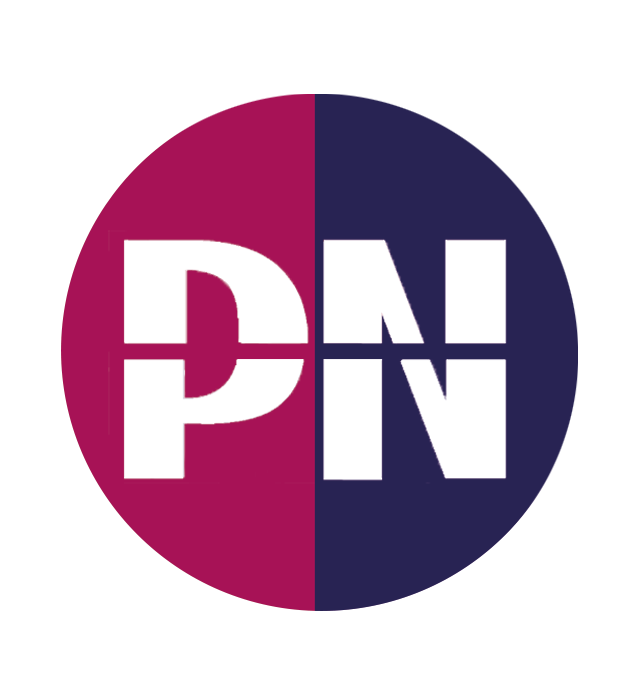In the rapidly evolving landscape of education, eLearning has become a pivotal component, offering global accessibility, and flexible, and diverse learning opportunities to a broader student audience.
One of the historical challenges in eLearning, however, has been the translation of educational content into multiple languages. Traditional translation methods that can be time-consuming and costly, have struggled to keep pace with the growing demand for multilingual eLearning content.
Now Artificial Intelligence (AI), combined with other translation technologies and using human resources to validate quality, is proving a game-changer, bringing efficiency, accuracy, and scalability to eLearning translation.
The Role of AI in eLearning Translation
AI-powered tools and technologies are revolutionising the way educational content is translated. These technologies leverage machine learning algorithms, natural language processing (NLP), and neural networks to understand and translate text quickly and economically.
Benefits of AI-driven eLearning Translation
The integration of AI in e-learning translation brings numerous benefits that extend beyond mere efficiency:
Improved Accessibility: By providing high-quality translations in multiple languages, AI helps break down language barriers, making educational content accessible to a broader audience. This inclusivity ensures that learners from diverse linguistic backgrounds can benefit from e-learning resources.
Cost-Effectiveness: Traditional translation methods can be expensive, particularly when dealing with large volumes of content. When AI does the heavy lifting, it allows professional linguists more time to manage quality, ensuring high standards of accuracy and quality, but at lower cost.
Consistency and Standardization: AI when used in conjunction with other tools, ensures consistency in translations, adhering to standardised terminology and phrasing across all content. This uniformity is particularly important in educational materials, where consistency in language and terminology is essential for effective learning.
Real-time Updates: In the dynamic world of eLearning, content often needs to be updated frequently. AI facilitates real-time translation updates, ensuring that learners always have access to the most current and relevant information.

Challenges and Future Directions
While AI has brought dramatic advancements to e-learning translation, challenges remain. AI systems can struggle with idiomatic expressions, cultural nuances, and highly specialised subject matter. Moreover, the quality of translations can vary depending on the language pairs and the complexity of the content.
To address these challenges, combining AI with human expertise—known as machine translation post-editing (MTPE)—can enhance the quality of translations.
Additionally, advancements in AI, such as improved contextual understanding and better handling of idiomatic expressions, will further enhance the accuracy and cultural relevance of translations.
Conclusion
AI is undeniably transforming the landscape of eLearning translation, offering solutions that are faster, more accurate, and scalable. By breaking down language barriers, AI is democratising access to education, making high-quality learning resources available to a global audience. As AI technology continues to evolve, its integration into eLearning translation will become even more sophisticated, addressing current limitations and unlocking new possibilities for inclusive and effective education. The future of eLearning, augmented by AI, promises to be more accessible, personalized, and efficient, fostering a truly global learning environment.




